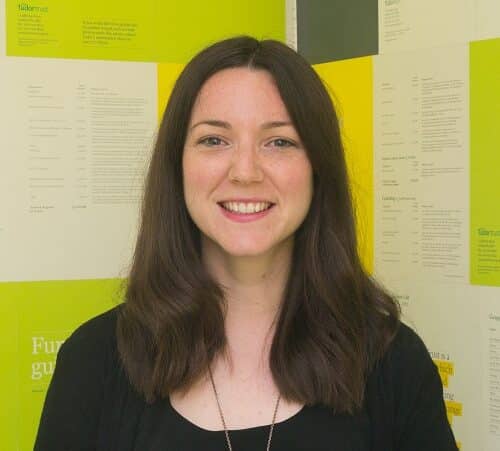
Promoting equitable, inclusive and transparent grant making
Learning from lockdown blog series
Despite the stark social, political and economic moments of the past year, we have seen incredible resilience and drive from our grantees. This has prompted us to reflect on our role as a funder and convener, and how best we can support organisations – not only to continue to meet their own strategic objectives during this period, but also to create a collective impact that is greater than the sum of its parts. Reflecting on what we have seen emerge with and through our partners, below are 3 key practices we are looking to retain and grow.
-
Agile and responsive grant making
We have realised that our collaborative grant making philosophy itself has been key to enabling UMIF to respond quickly, from supporting grantees to adapt and pivot projects through to responding to the field’s resource and capacity needs to operate in their new respective realities. By consciously minimising the associated layers of bureaucracy that often comes with grant making, we have seen more trust built with the field, as well as increased scope for creativity.
‘By consciously minimising the associated layers of bureaucracy that often comes with grant making, we have seen more trust built with the field, as well as increased scope for creativity.’
Examples of this can be seen in global response grants which went from proposal to approval process within two months, including grants enabling organisations across India, South Africa and Mexico to virtually connect grassroots allies under lockdown. We need to hold onto this as a guiding principle and strive for high levels of collaboration and continued dialogue with grantees, and in doing so promote equitable, inclusive and transparent grant making.
-
Building shared ownership of learning agendas
Whilst the pandemic has overhauled ‘business as usual’, it has also sharpened the focus on key questions which often preoccupy funders and NGOs alike: “What are we learning? And how are we putting that learning into practice?”
In light of the fact that we are a relatively new fund, with most grants not yet having reached the one year mark, we have used this opportunity to embed a learning approach into new projects early on in their development. Through this process we have had some incredibly transparent conversations with grantees around their measurement-related anxieties – a common concern within movement building work, which is often hard to measure and attribute to individual projects. A key outcome from these conversations has been shifting the focus from ‘success’ to ‘learning’, which has really encouraged our grantees to consider metrics as a positive and experimental tool to accompany key learning questions, rather than donor-pleasing exercise.
‘A key outcome from these conversations has been shifting the focus from ‘success’ to ‘learning’, which has really encouraged our grantees to consider metrics as a positive and experimental tool to accompany key learning questions, rather than donor-pleasing exercise.’
-
Fostering virtual communities
Transitioning to a virtual operating space has not only fundamentally shifted how we interact with each other, but it has posed an additional challenge for UMIF as a funder that seeks to convene the field and foster collaboration and networking.
In order to maintain and grow the momentum within the community, we have hosted virtual convening sessions through the year, bringing together 55 participants from civil society and philanthropy. Despite the successes we have had in developing various strategies and collaborative projects remotely and across multiple geographies, ‘Zoom-fatigue’ is a real challenge and something that we have had to be mindful of. We have tried to apply the same principles as we would do for in-person sessions, with a unique offering for each convening: we bring in external facilitators, regularly check in and gather feedback, and encourage dialogue and interaction through breakout sessions. Building on grantee feedback, we have also tried to support regular points of contact in between these moments through newsletters examining best practices.
As we approach 2021, and with lockdowns most likely to remain a regular feature in our lives, we need to hold onto and smarten our utilisation of these technologies and techniques to ultimately strengthen and deepen the connectivity amongst our field of grantees.
Next Thursday (29th October), in the third in our new series of blogs about learning from funding during Covid, Oliver French, from Lankelly Chase, will reflect on what he and colleagues have been learning about what’s been made visible, possible and necessary as the covid-19 pandemic has unfolded.
If you are interested in joining our Evaluation Roundtable Community of Practice for learning and evaluation staff in UK trusts and foundations, please email vanessa@ivar.org.uk.


